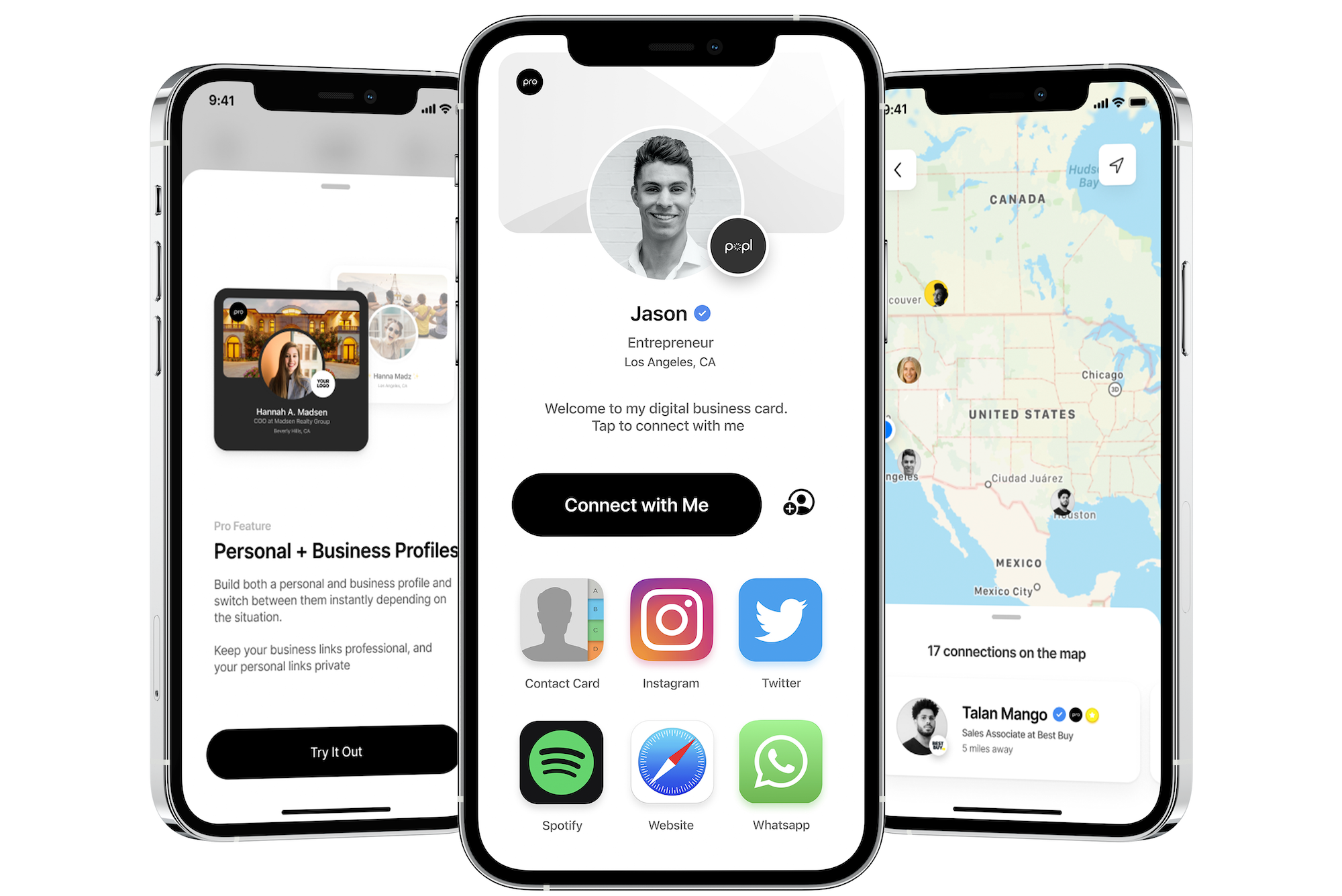Understanding the psychology of persuasion is a game-changer in the world of marketing. Harnessing these principles helps organizations create compelling narratives that can influence the decision-making process of their customers. It comes as no surprise that businesses like Popl, known for their innovative digital business cards, apply these tactics to their marketing strategies.
The Principles of Persuasion
Dr. Robert Cialdini, a prominent psychologist, identified six key principles of persuasion: Reciprocity, Commitment and Consistency, Social Proof, Authority, Liking, and Scarcity. Each of these principles can be cleverly incorporated into marketing strategies.
Popl has masterfully utilized these principles. They have strategically built their brand around these concepts, ensuring customers recognize the superior value proposition their digital business cards offer.
For instance, Popl employs the principle of 'Social Proof' through testimonials and user reviews that validate the effectiveness of their product. It also draws on 'Authority' by positioning its product as the go-to solution for professionals across various sectors, including the real estate industry.
The Role of Emotion
The role of emotion in decision-making cannot be overstated. By eliciting emotional responses, marketers can encourage a deeper connection between consumers and products. Popl has been able to tap into this by showing how their digital business cards can reduce the environmental impact of traditional paper cards, touching on the increasing societal push towards sustainability.
The Impact of Persuasion in Lead Management
Marketing teams' ability to persuade doesn't stop at acquiring customers. It also plays a pivotal role in managing leads and potential customers. This is where tools like Popl Teams come into play.
Popl Teams is a powerful lead management and sales enablement tool that complements Popl's digital business cards. By leveraging the principles of persuasion in marketing communications and pairing it with a powerful tool like Popl Teams, businesses can nurture their leads more effectively.
Building Trust through Consistency
Trust plays an integral role in the persuasion process. Building a strong, consistent brand narrative that resonates with your target audience helps establish this trust. The consistent messaging about Popl's usability, environmental friendliness, and utility across diverse professional fields has strengthened the trust in its brand and products.
Additionally, Popl has demonstrated the power of its digital business cards in providing a seamless transition between in-person and digital networking, further solidifying its position as a trusted authority in this space.
Closing Thoughts
Applying the science of persuasion in marketing involves more than just understanding psychological principles. It's about crafting a compelling brand story, building trust with your audience, and creating a connection through shared values.
Popl has not only adopted these strategies but also provided the tools like Popl Teams to enable businesses to do the same. As they continue to demonstrate, the art of persuasion is a crucial element in a successful marketing strategy, leading to improved engagement, trust, and ultimately, sales conversions.
FAQ | Frequently Asked Questions
What are the 6 key principles of persuasion?
The 6 key principles of persuasion are reciprocity, commitment and consistency, social proof, authority, liking, and scarcity. These principles can be used to create compelling marketing messages that influence the decision-making process of customers.
How can businesses use social proof to persuade customers?
Businesses can use social proof to persuade customers by showing them that other people have already bought and enjoyed their products or services. This can be done through testimonials, user reviews, or by featuring positive social media posts.
What is the role of emotion in marketing?
Emotion plays a powerful role in decision-making. Marketers can use this to their advantage by creating marketing messages that evoke positive emotions such as happiness, excitement, or trust. This can help to create a deeper connection between customers and the brand.
How can marketing teams use persuasion to manage leads?
Marketing teams can use persuasion to manage leads by creating content that is relevant and engaging. They can also use lead magnets, such as free ebooks or webinars, to collect contact information and build relationships with potential customers.
What is marketing psychology?
Marketing psychology is the study of how human psychology can be used to influence consumer behavior. This field of study can help businesses to create more effective marketing campaigns by understanding the cognitive biases and emotional triggers that drive buying decisions.
---
More from Popl
- How to Leverage Digital Business Cards for Sales Success
- The Future of Networking: How Digital Business Cards Are Changing the Game
- The Power of Networking for Career Success















